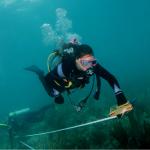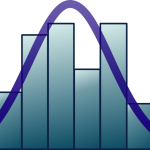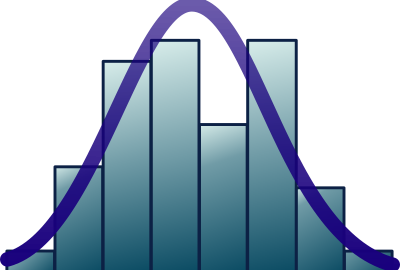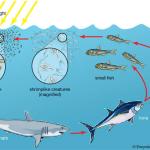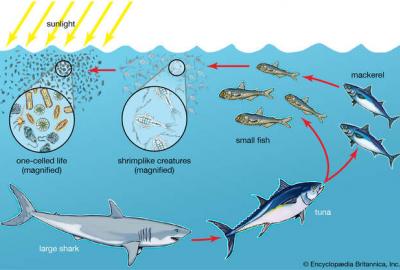Scientific Diving in Marine Ecology
This course has an extra cost, it is not included in the tuition fee. The local coordination at UAlg will assist selected students with registration of transferable skills courses at the start of the semester.
This course is designed to train students in to underwater sampling techniques applied to Marine Ecology. Advanced SCUBA dive planning, focusing on safety and efficiency will also be exercised.
An international certification may be awarded through an additional training module.
Course Contents
The class program will be focused on:
Theory component:
a) Distinguish scientific diving from other diving activities and understand the applications and limitations of scientific diving
b) Sampling strategies: random, hap hazard and systematic
c) Error vs Bias
d) Develop a scientific perspective and respect to the underwater world
e) Develop knowledge and familiarity with scientific diving practices applied to marine ecology:
- Band transects to access organism density
- Point intersect transects for genetic sampling
- Use of underwater sampling grids for spatial distribution of species
- Underwater sample collection
- Underwater video documentation of marine habitats
- Underwater photomosaics
- Introduction to data processing for the above sampling techniques, such as software for photomosaic and underwater mapping.
f) Advanced SCUBA Dive planning
Practical application:
Develop knowledge and familiarity with scientific diving practices applied to marine ecology:
- Band transects to access organism density
- Point intersect transects for genetic sampling
- Use of underwater sampling grids for spatial distribution of species
- Underwater sample collection
- Underwater video documentation of marine habitats
- Underwater photomosaics.
Initial Competencies
This class has an entry level prerequisite for students which is to have an Advanced Diving certificate such as GUE Fundamentals or equivalent.
Final Competencies
Students will be able to acquire quality data by planning and executing scientific dives using marine ecology techniques and methods in a safe, efficient manner.
Additional information regarding teaching methods
- Theory classes will be mandatory.
- Students will be taught the methods used in marine ecology and how to plan a dive where those skills will be applied.
- Prior to the dives all students will participate in testing the dive plan out of the water, for a better understanding of the methodology to apply.
- Each dive will have a specific skill to be developed where all students will have the opportunity to use and practice the skill (i.e. Photomosaic).
- Complexity of skills will be increased gradually.
- Post dive, data will be processed and analysed to identify areas of improvement so that the error and bias of future sampling can be reduced (thereby increasing data quality).
Further course information can be found here: https://studiekiezer.ugent.be/2026/studiefiche/en/C004278

